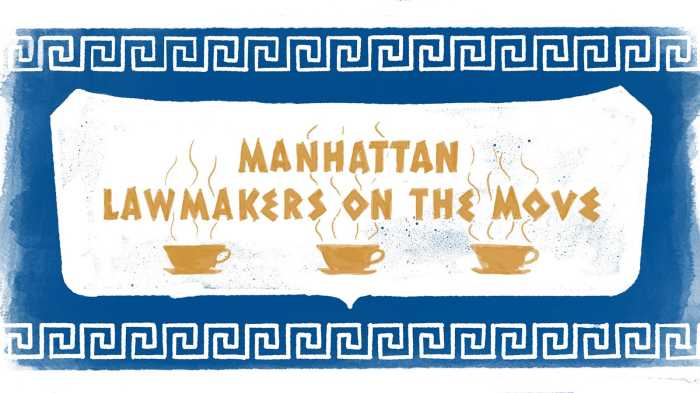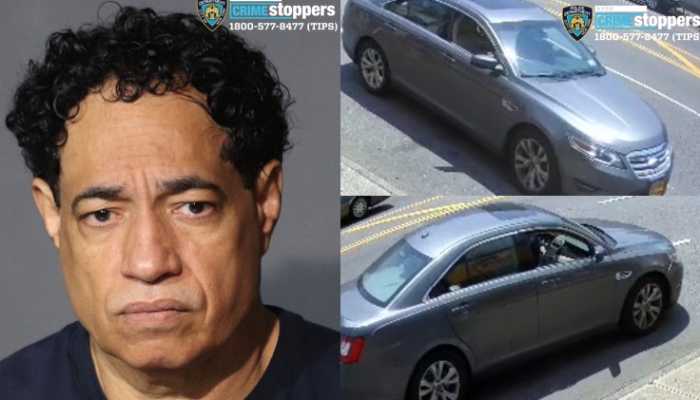Brewer Fights for Manhattanites Vulnerable to Coronavirus
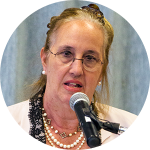
AMNY profiled Manhattan Borough President Gale Brewer (D) Wednesday to discuss her work amid the COVID-19 emergency.
Her borough is the oldest in the city and the most densely populated, allowing the virus to easily spread there. Data suggests that Manhattan’s NYCHA complexes are particularly vulnerable.
Brewer’s work in this time includes securing emergency funding for the arts, calling for a state suspension of luxury taxes on commercial rent, and ensuring hospitals are properly supplied.
“There is a little good news here as the federal stimulus will help gig workers – as I understand it it will be first come first serve,” Brewer told AMNY. “I’ve already gotten calls today, trying to get that funding, – it’s complicated. My real concerns will be for Broadway, the Financial District and creative arts in Manhattan – I don’t know how we will bounce back.”
Hoylman, Krueger Promote Further Security from Eviction
State Senators Brad Hoylman (D-Chelsea, Midtown) and Liz Krueger (D-Upper East Side, Yorkville) along with Assemblymember Jeffrey Dinowitz (D-Bronx) introduced the “Tenant Safe Harbor Act” Tuesday, Commercial Observer reported.
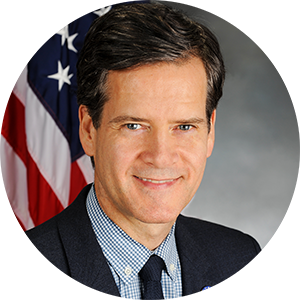
If passed, the bill would bar landlords from evicting tenants who failed to pay rent from the start of the COVID-19 state of emergency on March 7 up to six months after it ends.
“The Governor’s 90-day eviction moratorium was a good first step to protect tenants from losing their homes during the COVID-19 crisis,” Hoylman said. “But it’s not enough. Unless we act, we’ll see a tidal wave of evictions immediately after the moratorium ends when tenants who’ve lost income are suddenly forced to pay several months’ worth of rent.”
Levine: COVID-19 Body Count Much Higher than Reported

Despite official reports Tuesday that over 10,000 Americans had died of coronavirus, the real number is much higher, ABC News reported.
In the report, City Council Health Committee Chair Mark Levine (D-Manhattan Valley, Manhattanville, Morningside Heights, Hamilton Heights) indicated that many of the uncounted deaths come from those who were not tested for COVID-19.
“Normally we have 20 to 25 deaths at home and now we are at 200 to 215,” he said. “There is no swabbing of deceased individuals anymore and unless the medical examiner has knowledge of a confirmed coronavirus test, then they aren’t being marked down as having coronavirus.”


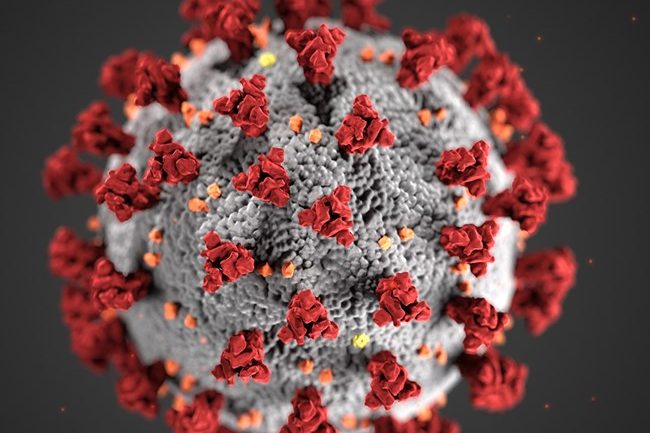
![City Councilman Mark Levine [Photo provided by Jake Sporn]](https://politicsny.com/wp-content/uploads/2021/02/Levine-Health-Hearing-2-scaled-1.jpg?quality=51&w=700)
